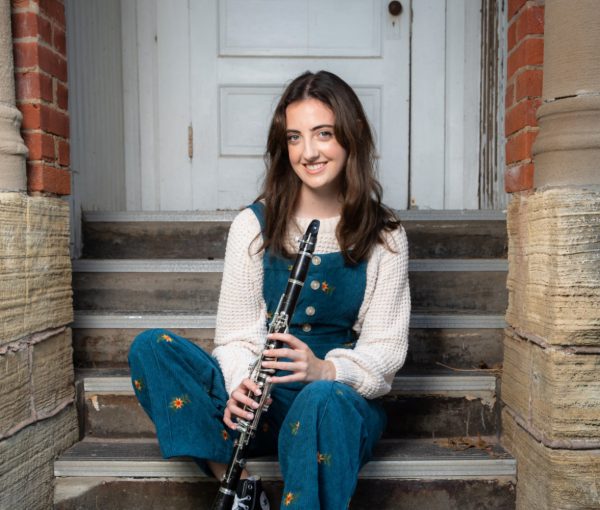Dances are a fundamental part of the modern high school experience. They are represented in pop culture through songs, musicals and movies. However, the costs of attending a dance can add up, especially when it comes to attire, and a price tag shouldn’t stop a student from going. Many schools are taking steps to combat this, but Pleasant Valley seems to be behind.
Accessible formalwear is becoming more popular as industry prices rise. Renting suits or tuxes has long been an option in most retail stores, but dress rentals are not as common. Spending anywhere from $40-$400 on a dress and up to $1,000 on a tux that is going to be worn only a couple of times is not reasonable for many.
While school dances don’t have a specific dress code, dressing up is a part of the experience. Without the resources to get a dress or tux, going to a dance is not an opportunity for some.
Some schools have started to combat the issue of formalwear affordability by offering in school dress shops. The school collects donated dresses from students and gives them to those in need or sells them for a very low price.
Bettendorf High School sophomore Aila Koivisto commented on the dress closet available to the district’s students. “I know many students who have donated their old homecoming or prom dresses to the closet. I think it is a really great opportunity to save some money and also reuse clothing that might just sit in a closet,” she said.
Koivisto made a good point about formal clothing not getting much use. Bettendorf’s clothing closet provides affordable formalwear, and it recycles the use of the dresses, reducing waste and giving new life to a piece of clothing.
PV students lack this opportunity, so students in need have to go through great lengths to find formalwear at a reasonable price.
While the idea of a formalwear closet might be new to PV’s halls, there have been attempts to establish a donation-based clothing closet in the past years. Spartan Assembly hosted a clothing drive last school year in the hopes to create a PV thrift store for discounted/free clothing for students in need.
Committee head of the project Ayah Alsheika talked about the frustrations behind setting up the PV thrift store. “We thought this would be a great way for PV students to not only give away their clothes to a good cause, but to also educate students about sustainable shopping and offer a cheaper alternative to trendy clothes,” she commented.
The clothing drive collections ended up being donated to a local organization after administration turned down the project proposal.
“Unfortunately, the administrators we were communicating with when we tried to set this plan into motion were opposed for a few reasons, primarily because the clothes would be too dirty to sell, despite this being the nature of selling used clothes. It was really disappointing to see the administrators put something as trivial as dirty clothes above the principal of the project,” Alsheika mentioned.
The possibility of similar projects in the future seems unlikely, so the chances of seeing affordable dance clothing at PV are slim. The societal formalwear expectations for school dances discriminate against underprivileged students. The cost of attending a school dance is much higher than the ticket price; without any further actions taken by the school this cost will continue to be a burden to some students.









